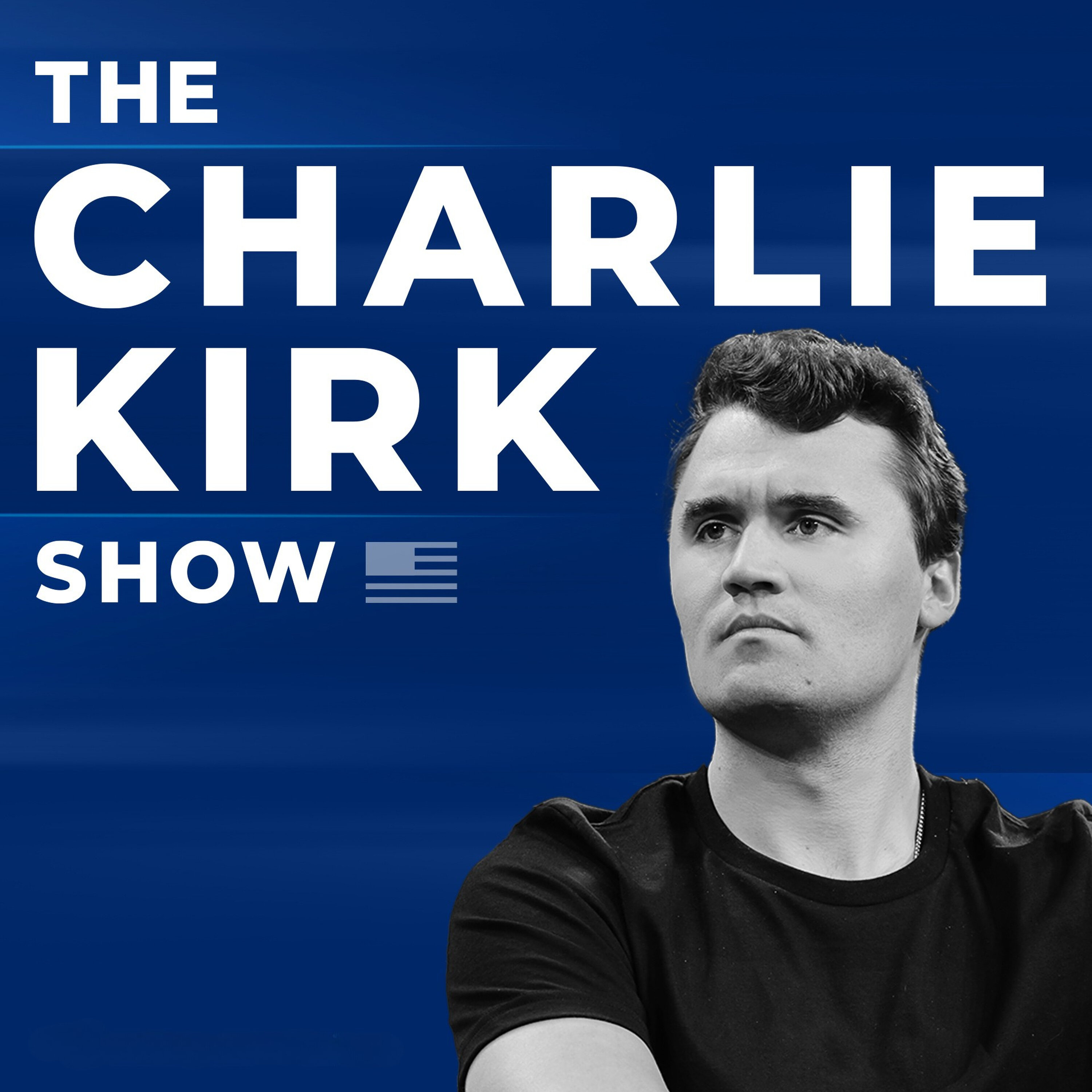AI Summary
In this episode of The Charlie Kirk Show, Tucker Carlson discusses the contradictions in American public health outcomes despite campaigns aimed at reducing smoking, highlighting rising rates of obesity and mental illness. He critiques government dishonesty and the deterioration of trust among citizens, pointing to meritocracy's decline due to policies prioritizing conformity. The conversation explores economic disparities and the burdens of credit card debt, especially on the middle class, asserting the importance of a robust middle class for democracy. Carlson also warns against underestimating geopolitical tensions with Russia and the complexities of leadership consent, emphasizing the dangers of assuming control over foreign policy dynamics.
- more AI-processed summary -
Takeaways
Government dishonesty erodes public trust and creates a cycle of failure, leading to a more cynical society. For a healthier democracy, accountability and truthfulness must be restored to public officials.
Carlson's discourse challenges the current socio-economic structures that reward conformity over genuine skill, advocating for a return to merit-based recognition where true contributions are justly rewarded.
The podcast highlights the challenges faced by the American middle class, specifically in relation to credit card debt, which has become an unmanageable financial burden. Carlson critiques the systemic financial practices that perpetuate these issues and calls for a reevaluation of the current economic landscape.
Tucker Carlson emphasizes the dangerous trajectory of U.S. foreign policy toward Russia, arguing that it could lead to catastrophic outcomes, including nuclear conflict.
Tucker Carlson articulates a direct connection between addiction and homelessness, advocating for methodical interventions, such as halting drug influx and reevaluating financial support for NGOs, which he believes may exacerbate the problem rather than alleviate it.
- more AI-processed takeaways -
Topics
Meritocracy
Meritocracy highlights the principle of rewarding individuals based on their abilities and accomplishments. In this podcast, Carlson critiques the decline of meritocracy in favor of favoritism and conformity, suggesting that this shift has detrimental effects on economic fairness.
Economic Disparities
Economic disparities point to the unequal opportunities and outcomes experienced by individuals in society. Carlson argues that the current economic structure favors certain groups and perpetuates wealth among those who do not contribute meaningfully, creating wider social divides.
Debt Systems
Debt systems reflect the structures through which individuals or entities incur and repay debt. In the discussion, predatory lending practices are highlighted as contributing to individual suffering, emphasizing the need for reform in how debt is managed and restructured.
U.S.-Russia Relations
This topic encompasses the historical and current diplomatic relations between the United States and Russia, including recent tensions and conflicts, notably involving NATO and Ukraine support.
Addiction and Recovery
This topic explores the challenges surrounding addiction, recovery processes, and the societal implications of untreated substance abuse, including the connection to homelessness.
Public Trust
Public trust reflects the confidence that citizens have in their government and its institutions. High levels of public trust are crucial for effective governance, civic participation, and social cohesion, making it essential for leaders to act with integrity.
Cynicism in Society
Cynicism in society emerges when people lose faith in institutions and leaders. This lack of trust can foster societal discontent and disengagement, posing challenges for governance and community cohesion. In this discussion, cynicism is shown as a byproduct of repeated government failures.
Military Conflict Potential
This topic addresses the potential for escalation into military conflict, including nuclear threat implications and the political decisions leading towards such outcomes.
Social Responsibility
The concept of social responsibility pertains to the obligations individuals and organizations have to contribute positively to society, particularly in addressing issues like homelessness and addiction.
The Role of the Middle Class in Democracy
The role of the middle class in democracy emphasizes the importance of a financially stable and engaged populace for the health of democratic institutions. This includes discussions on representation, ownership, and the need for economic resources that support civic engagement.
- more AI-processed topics -
Related Episodes

"Bring Back Merit And Reward:" An AmFest Convo With Tucker CarlsonWhy is it so easy to get rich as a bureaucrat, a lobbyist, or a credit card executive, but so hard if you have a real skill that directly helps people? Why don't we talk about predatory debt in American society? What is going on in far-off Russia? Charlie's interview with Tucker Carlson at AmericaFest offered Tucker's usual blend of hilarious and fascinating takes and is not to be missed. Join Charlie's interviews in-person at next year's AmFest by becoming a subscriber at members.charliekirk.com.Support the show: http://www.charliekirk.com/supportSee omnystudio.com/listener for privacy information.

